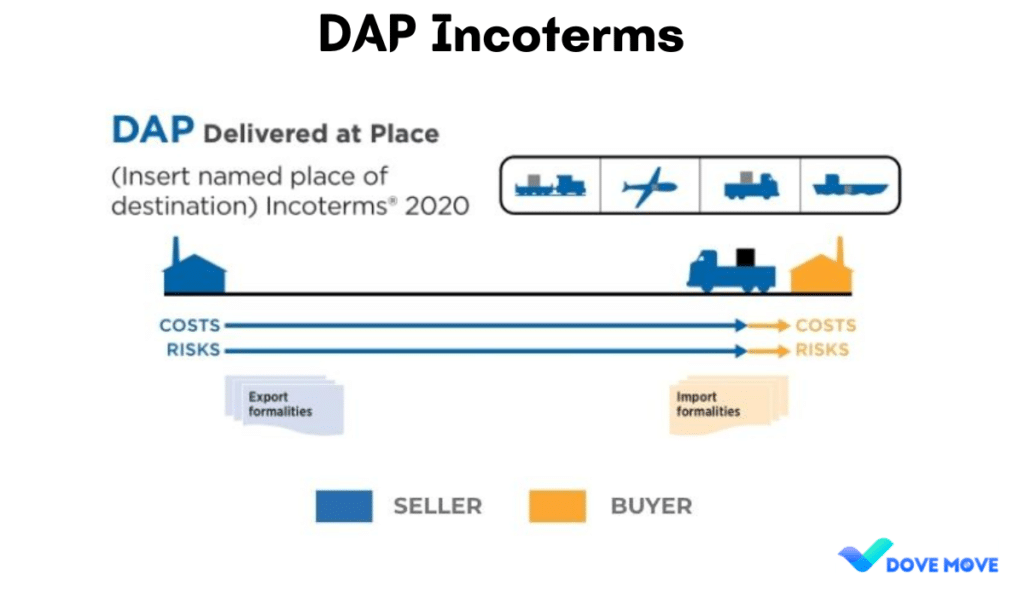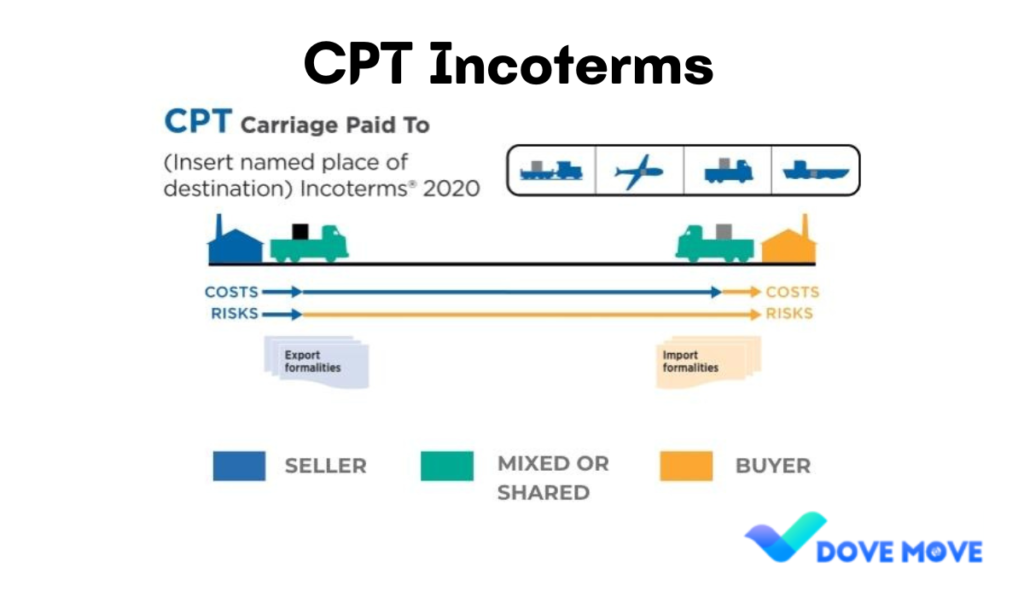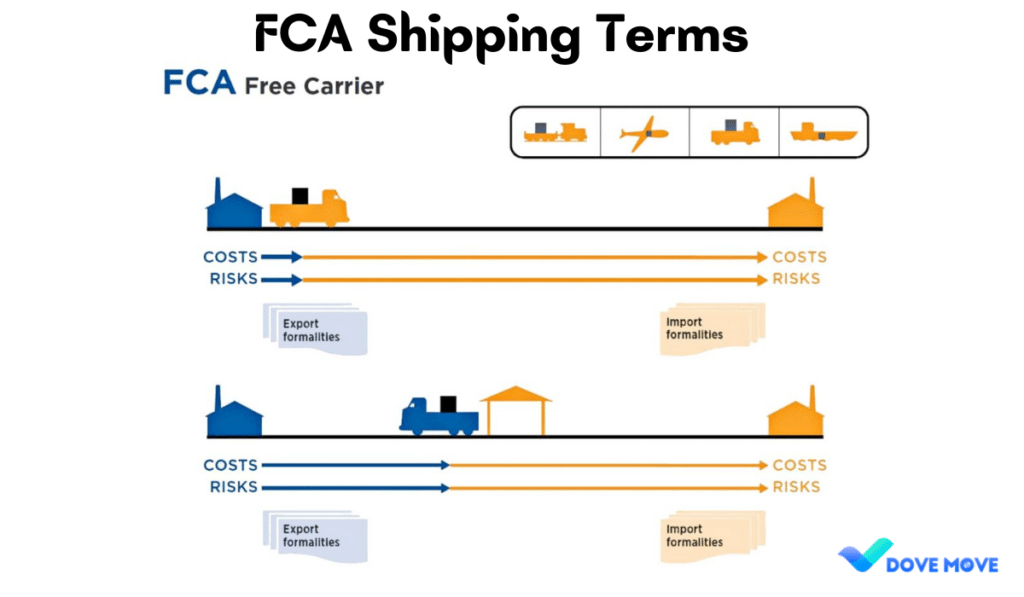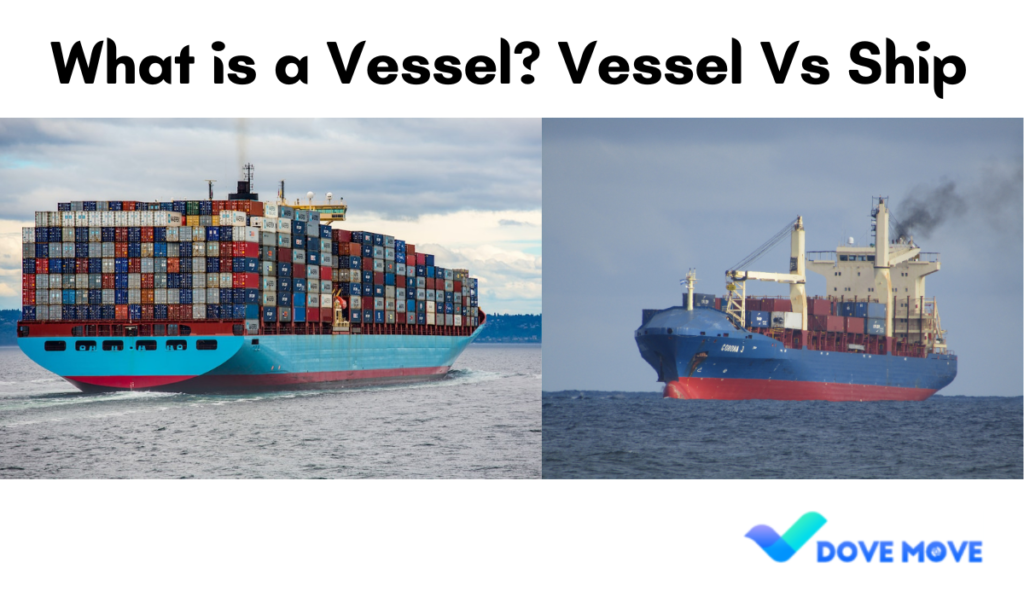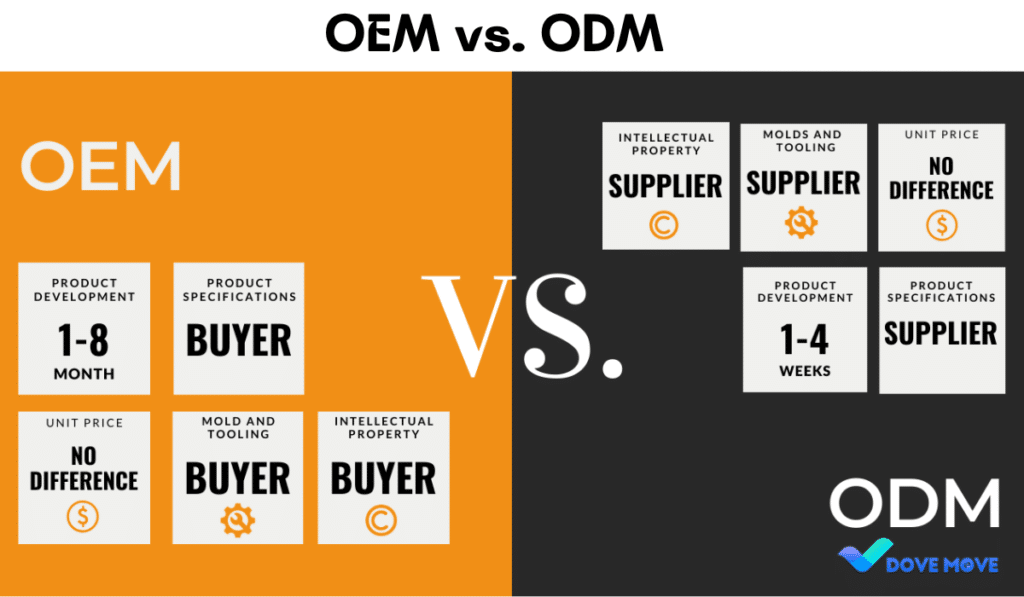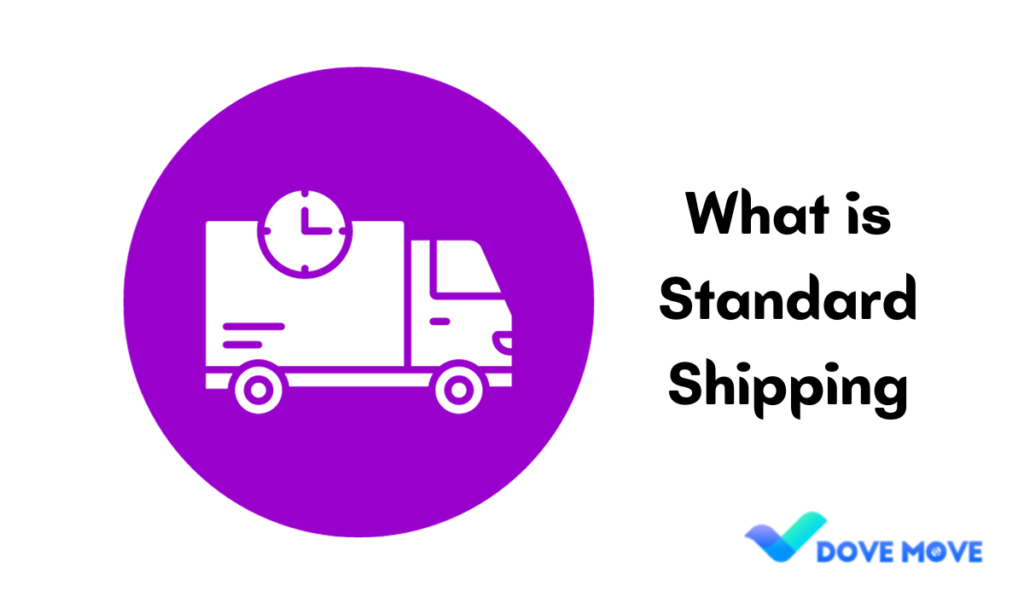DAP Incoterms
DAP (Delivered at Place) is an Incoterms rule where the seller is responsible for delivering the goods to a specified destination, covering all transportation costs and assuming the risk until the goods are ready for unloading. The buyer is responsible for unloading the goods and handling any import duties, taxes, and customs clearance. DAP is […]
